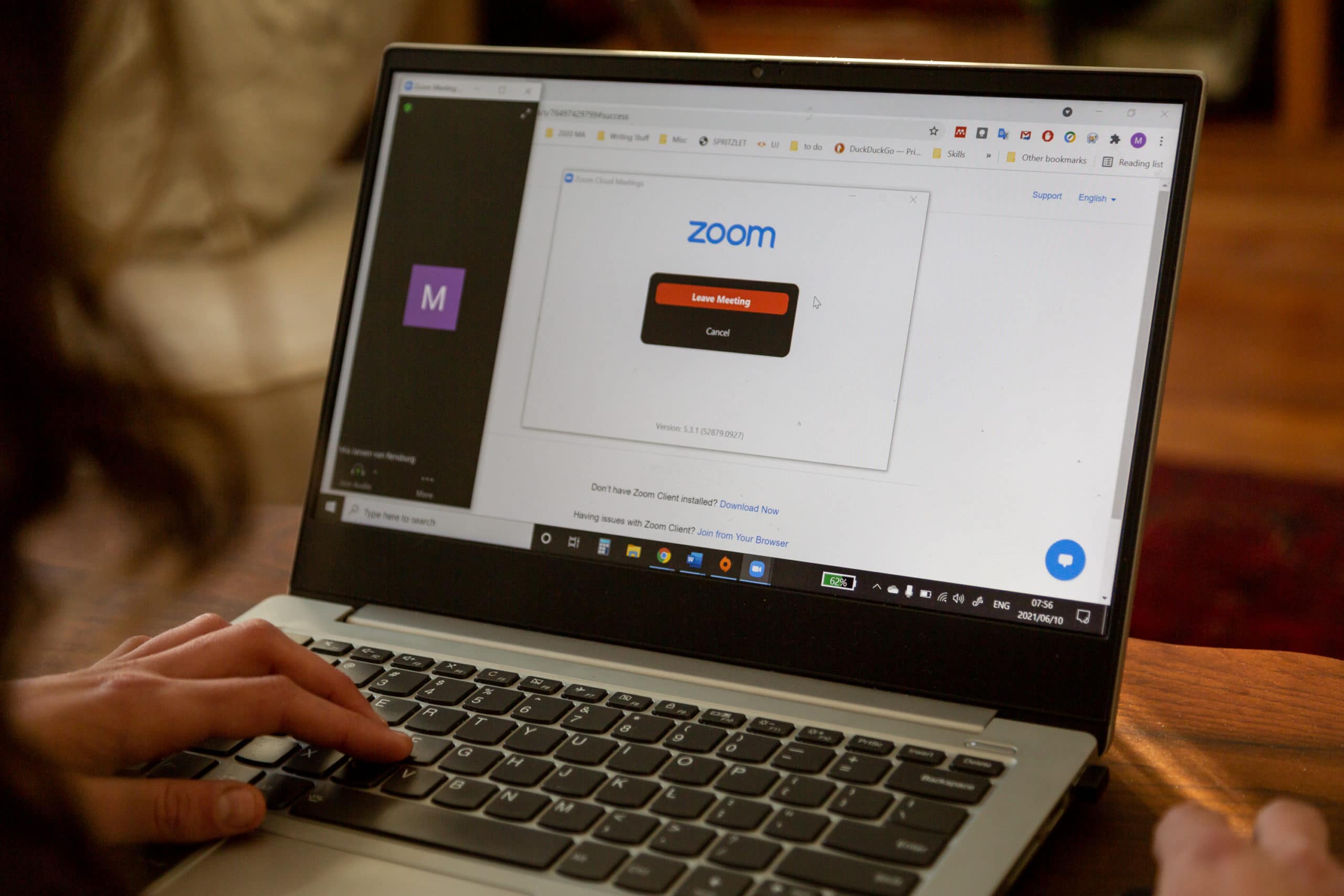More than a year of remote working has thrown up some new possibilities, and now, talks of a remote working visa to attract digital nomads to South Africa.
When it comes to finding South Africa’s new normal, there is no one-size-fits-all. As employers and employees hastily adapted to the manifold challenges of doing business remotely from the start of the nationwide lockdown last year, novel understandings of work have emerged.
For many, remote work has become a central tenet of life under Covid-19. In one mid-pandemic study by Michael Page, 79% of the South African respondents indicated they worked from home – pre-Covid, only 26% were permitted to do so by their employers.
The dramatic increase in remote work initially raised concerns regarding a loss of employee motivation and productivity, but a substantial body of research now suggests that shifting away from the office may have the exact opposite effect: some 63% of respondents reported increased productivity during lockdown, with many feeling more satisfied and motivated.
For Amanda Maree, Enterprise People Change Manager at Absa, the transition to working from home was eased by consistent, timeous communication and a well-developed Covid-19 strategy.
Equipped with what was called a ‘Thriving Remotely’ toolkit, Maree could call on her organization for more than tech support. She and her colleagues were advised on matters as mundane as the layout of their workspaces at home, and as weighty as the psychological toll of their new circumstances.
“Despite all the chaos around us,” Maree says, “Absa made me feel like I was still a valuable asset, and treated me as such.”
The Robert Walters Salary Survey of 2021 revealed a similarly positive attitude toward remote work. South African employees surveyed in this study noted improvements in their communication skills, technical proficiencies, and productivity – though a quarter (24%) of employers cited declining productivity as their primary reservation regarding long-term remote work.
While finance, management, and IT-related services have successfully navigated the transition to remote work, often with significant increases in productivity (McKinsey, 2021), other sectors have not weathered the migration as well. Strategies for optimizing remote work rely in large part on the ability of an organization to rapidly reconfigure existing infrastructure and to deploy new resources, but there are obstacles that no degree of careful planning can eliminate entirely.
Mia Jansen van Rensburg, a teaching assistant at the University of Johannesburg, has had to replace her classroom with a WhatsApp groupchat.
“The university has been providing mobile data packages to students, but it’s not always possible for them to dial into video calls,” says Van Rensburg. “The data runs out, and some of them live in rural areas with poor coverage.”
According to her, no virtual class can replace on-campus learning.
In a recent survey of South African employees, more than half of the respondents indicated that they were happy to head back to their workplaces – and 40% reported having carte blanche in deciding whether they’d return or stay put.
This has also led to many national economies attempting to capitalise on remote workers expenditure by offering a “digital nomad” visa – specifically aimed at remote workers. The city of Cape Town is leading the call for such an offering in South Africa, engaging with the national government to introduce a Remote Working Visa which would allow remote workers to reside and spend in South Africa.
The remote work revolution has centered around higher LSM demographics. Many critical roles unavoidably require face-to-face contact, and workers in the transport, healthcare, and retail sectors remain vulnerable to the virus. There are things you simply cannot do from afar, and risks that cannot be avoided.
“You can’t ‘social distance’ on an ambulance,” one healthcare worker points out, adding, “you’re constantly worried, even though you’ve taken the necessary precautions.”
It is a sobering reminder that the relative safety of an improvized home office is beyond reach for many South Africans.
